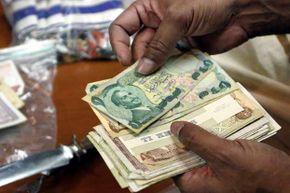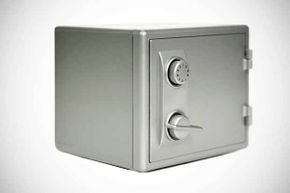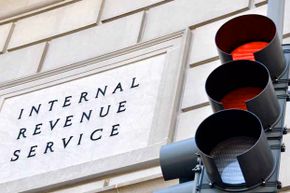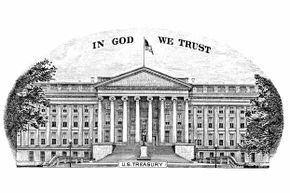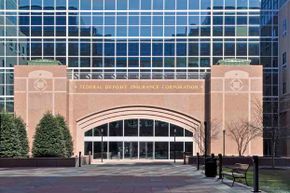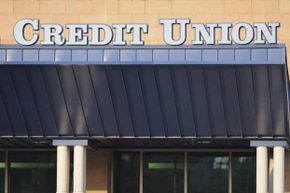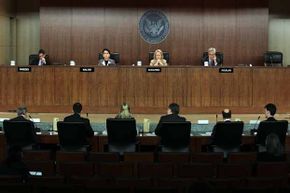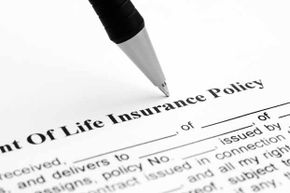Imagine that your reclusive old uncle living in California turns out to be a brilliant treasure hunter. In fact, he has millions of dollars in rare diamonds and jewelry stashed away in his safe deposit box. When he dies, the bank has no contact information for next of kin, so it passes the unclaimed riches along to the state, where they sit waiting for a rightful heir to claim them. The only thing standing between you and a one-way ticket to rich-ville is a phone call. What are you waiting for?
While it's unlikely that any of your distant relatives are secret billionaires, the truth is that $58 billion of unclaimed cash and property are out there waiting for their rightful owners. Most of it — around $42 billion — is held by individual states, but other unclaimed funds sit in pensions, insurance policies, class-action legal settlements and even forgotten U.S. savings bonds [source: Hicken]. In most cases, not only the account owners, but also their rightful heirs can claim the marooned money. So we ask again, what are you waiting for?
Advertisement
We've assembled a list of the top 10 sources for digging up unclaimed money. Let the treasure hunt begin!
